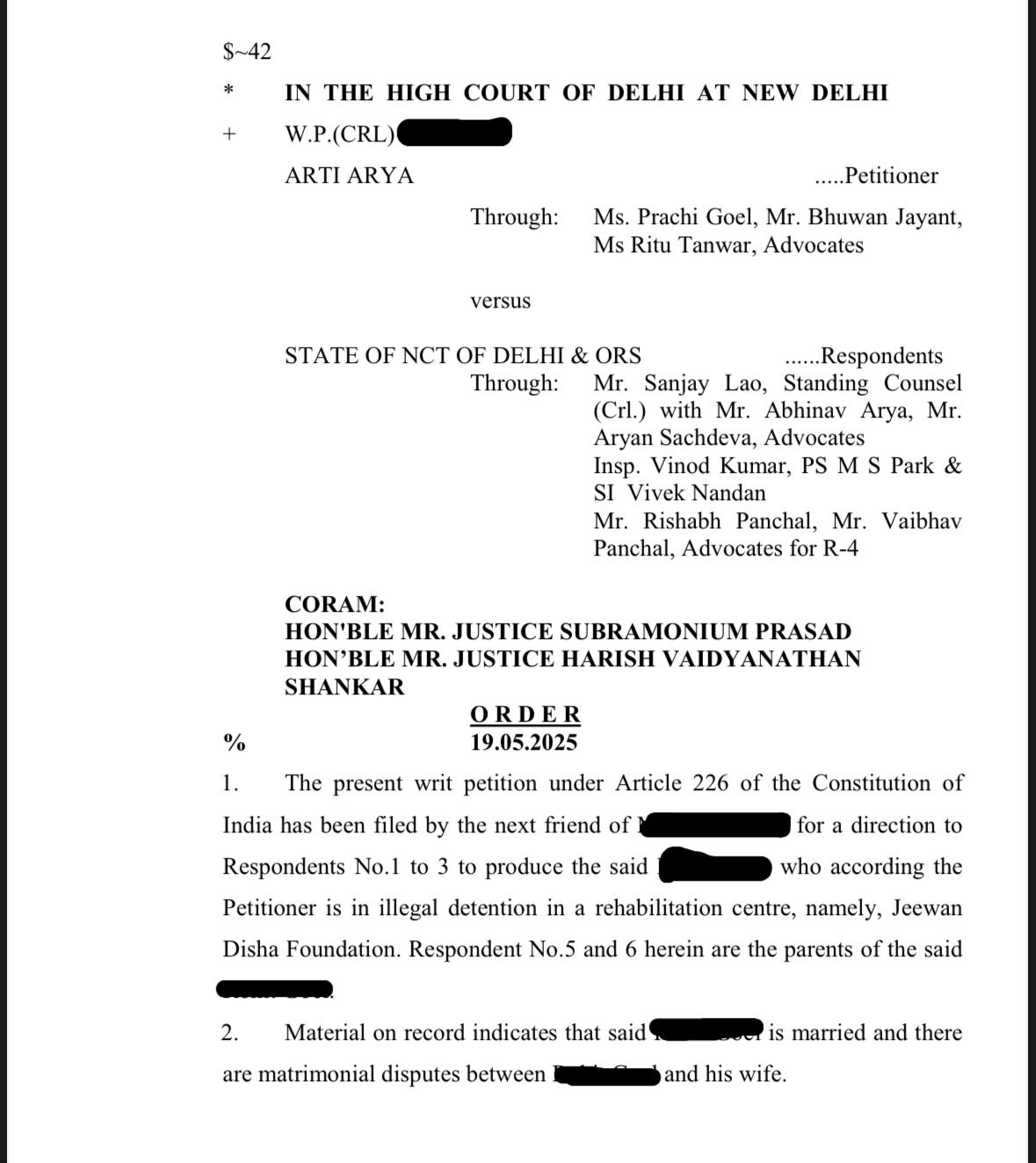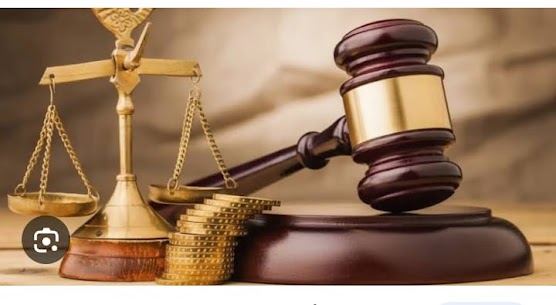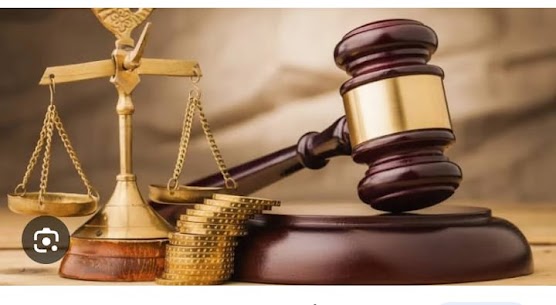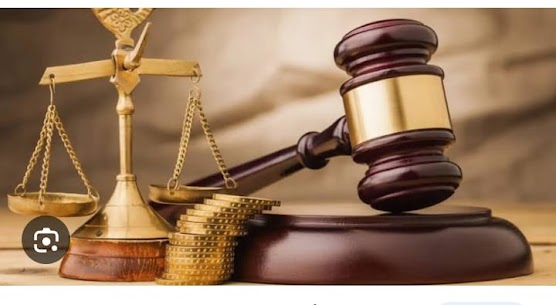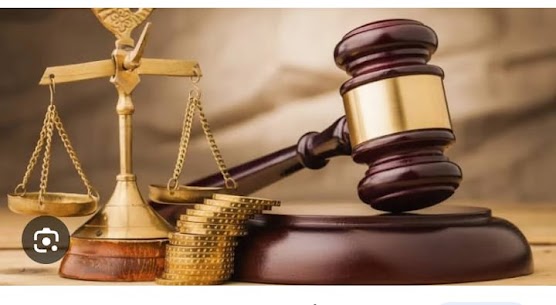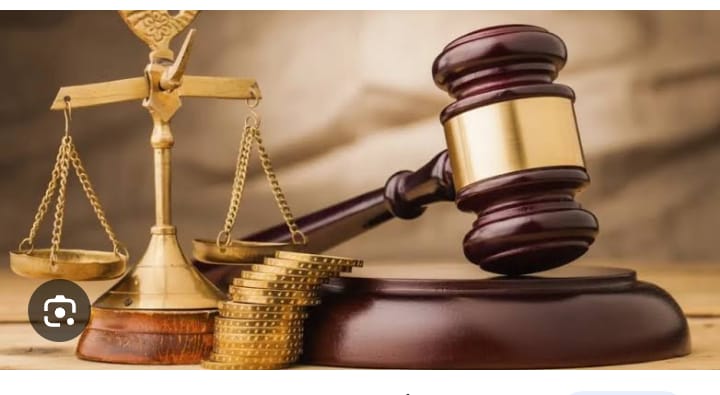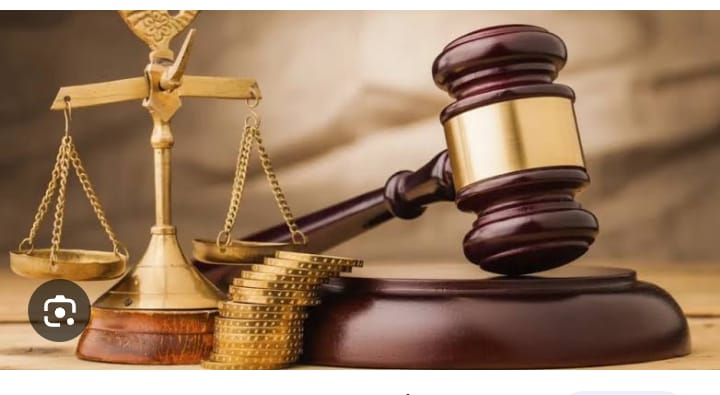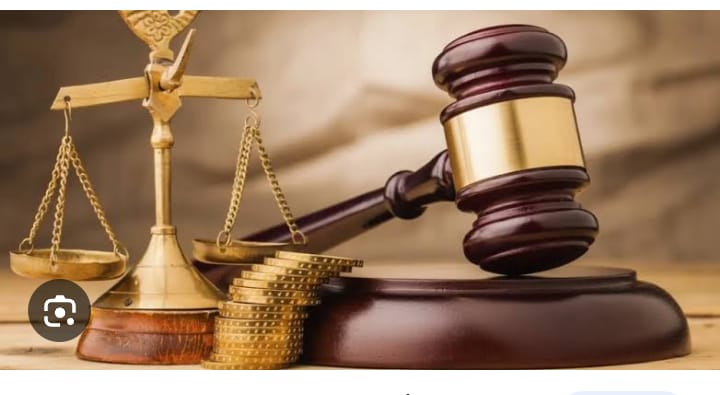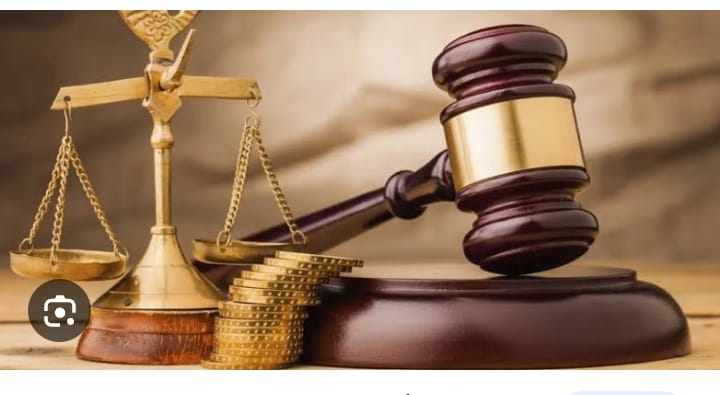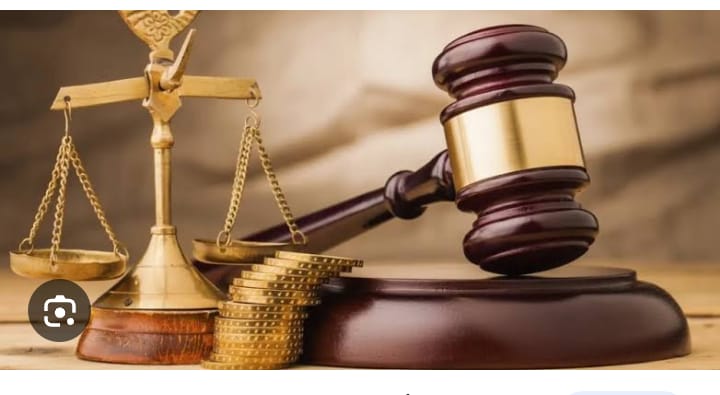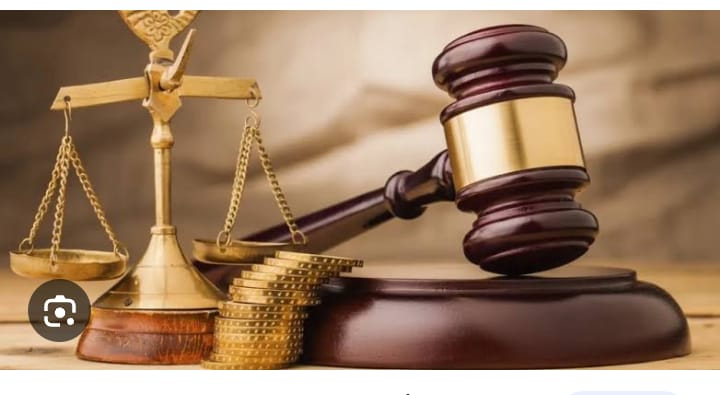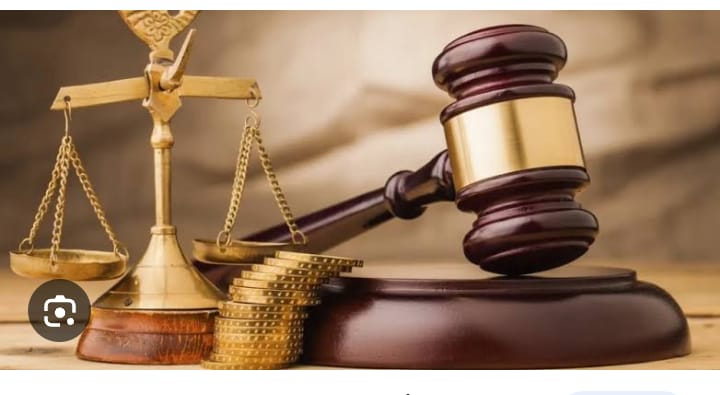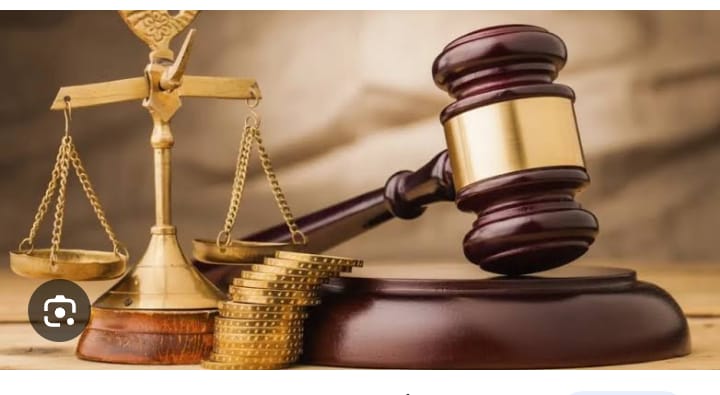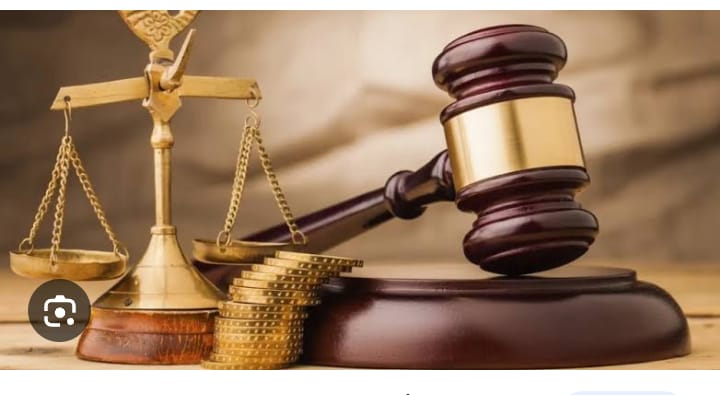In a legal victory, I recently succeeded in securing the release of an adult male who had been illegally detained in a rehabilitation center in Delhi for more than four months against his will and without any lawful authority. The release was granted...
Legal support under IPC Section 384 for extortion
The Indian criminal law is tough to understand. Extortion is an important crime that threatens the financial security, emotional stability, and safety of individuals. Extortion is not only a demand...
Matrimonial Disputes in India: Legal Landscape and Remedies
In India, matrimonial disputes are a significant area of concern within family law, encompassing issues such as divorce, maintenance, child custody, domestic violence, and property divisi...
Legal Protection under IT Act Section 66
Cybercrime has become a huge threat to individuals. The organisations and even governments in modern times are the victims. With the increasing use of technology, especially the internet, there has been a p...
Legal Consultant for Corporate Cybersecurity Violations
In today’s highly interconnected world, data is one of a company's most valuable assets. With the huge growth of digital platforms, cloud services, and remote work, corporations are...
In a significant win, we successfully secured regular bail for a client who was falsely framed in a cyber crime case. This case highlights the increasing number of cyber crime allegations where innocent individuals find themselves entangled in comple...
Criminal Laws in India: An Overview
India’s criminal justice system is governed by a set of laws that define crimes, prescribe punishments, and regulate legal proceedings. These laws are primarily codified in three major statutes:
I...
Criminal Laws in India: An Overview of Key Legislations and Procedures
Introduction
Criminal law in India serves as a crucial mechanism to maintain public order and protect society from unlawful activities. It defines offenses, prescribes punis...
India has a comprehensive legal system based on its Constitution, which is the supreme law of the land. The legal system is influenced by British common law, traditional customs, and modern statutory laws. Here are the key categories of laws in ...
India's criminal law framework is one of the most comprehensive in the world. It is primarily governed by three major laws: the Indian Penal Code (IPC), 1860, the Code of Criminal Procedure (CrPC), 1973, and the Indian Evidence Act...
Cybercrime laws in India are governed primarily by the Information Technology Act, 2000 (IT Act) and relevant sections of the Indian Penal Code (IPC). Here’s an overview of key laws and provisions related to cybercrimes in India:...
In today’s digital age, cybercrime has become one of the biggest threats to individuals, businesses, and governments worldwide. With increasing internet penetration and technological advancements, criminals have found new ways to exploit vulner...
Understanding Matrimonial Disputes: Causes, Legal Remedies, and Resolution Strategies
Matrimonial disputes are conflicts that arise between spouses due to differences in opinions, values, expectations, or circumstances. These disputes can have sig...
Cheque Bounce Cases in India: Legal Provisions and Remedies
A cheque bounce, also known as dishonor of cheque, occurs when a cheque presented for payment is returned by the bank due to insufficient funds, mismatched signatures, or other reasons. I...
Cheque Bounce Cases: Causes, Legal Implications, and Remedies
Cheque bounce cases, also known as dishonored cheques, are a common financial and legal issue that can arise in both personal and professional transactions. Understanding the causes, le...
Best Cyber Crime Lawyer in Delhi.
Cyber crime refers to criminal activities carried out using computers, networks, and the internet. Here's an overview:
Types of Cyber Crime:
1. Hacking: Unauthorized access to computer systems
2. Phishi...

